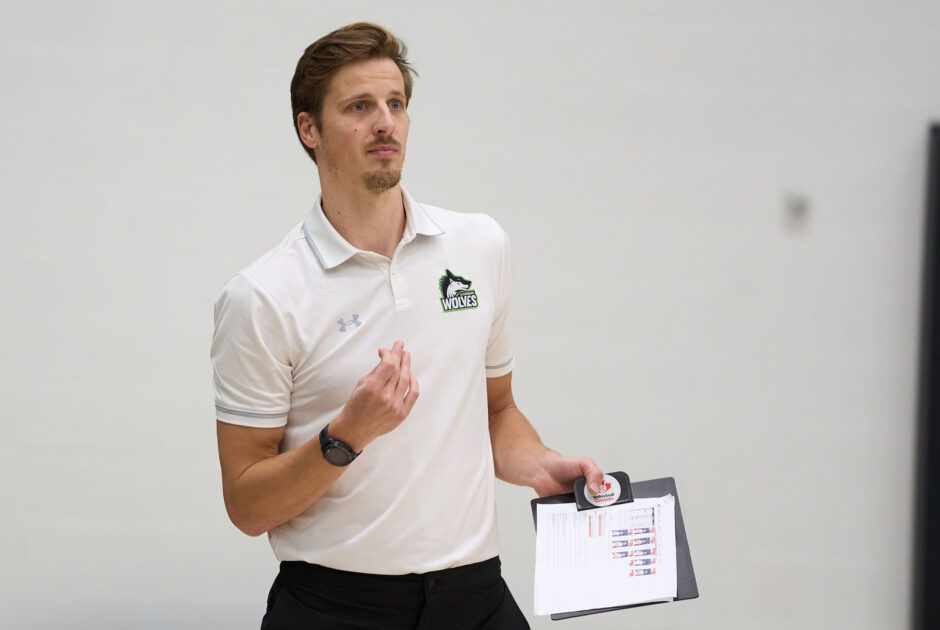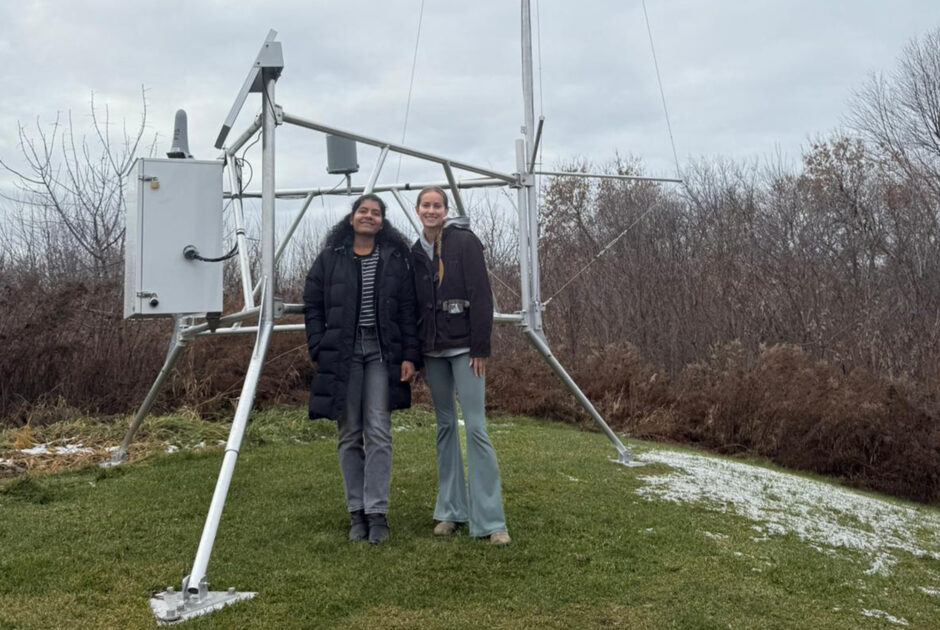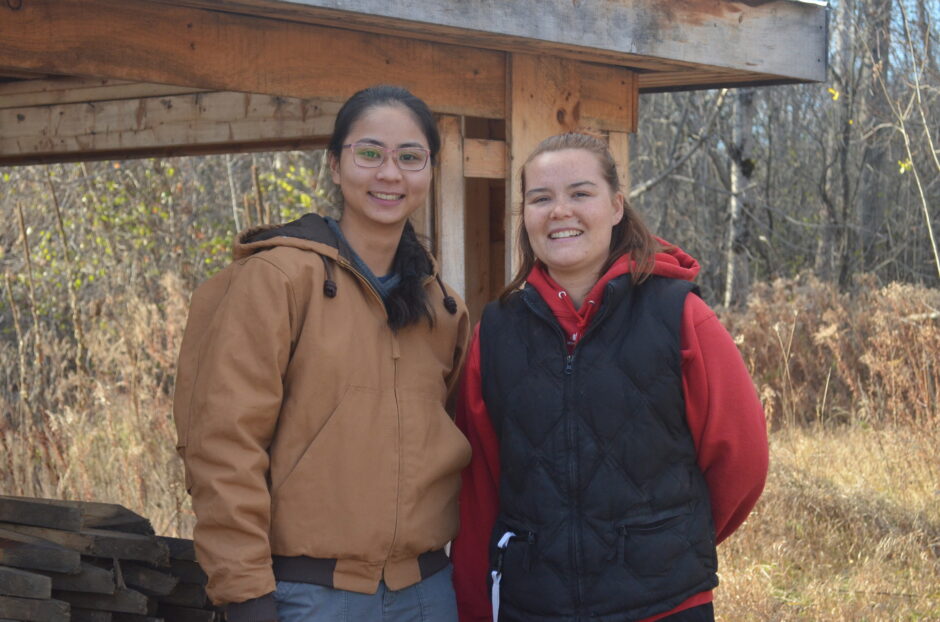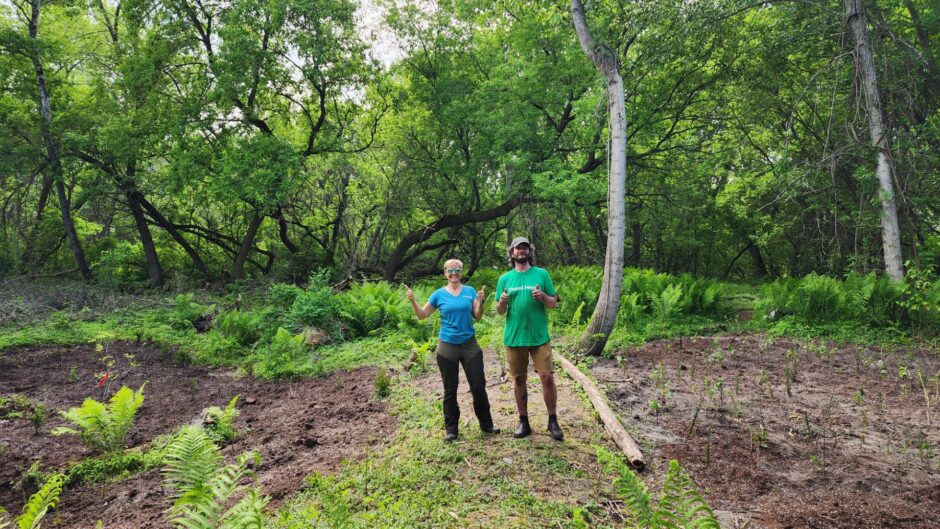Event offered lessons in talking about sex and consent
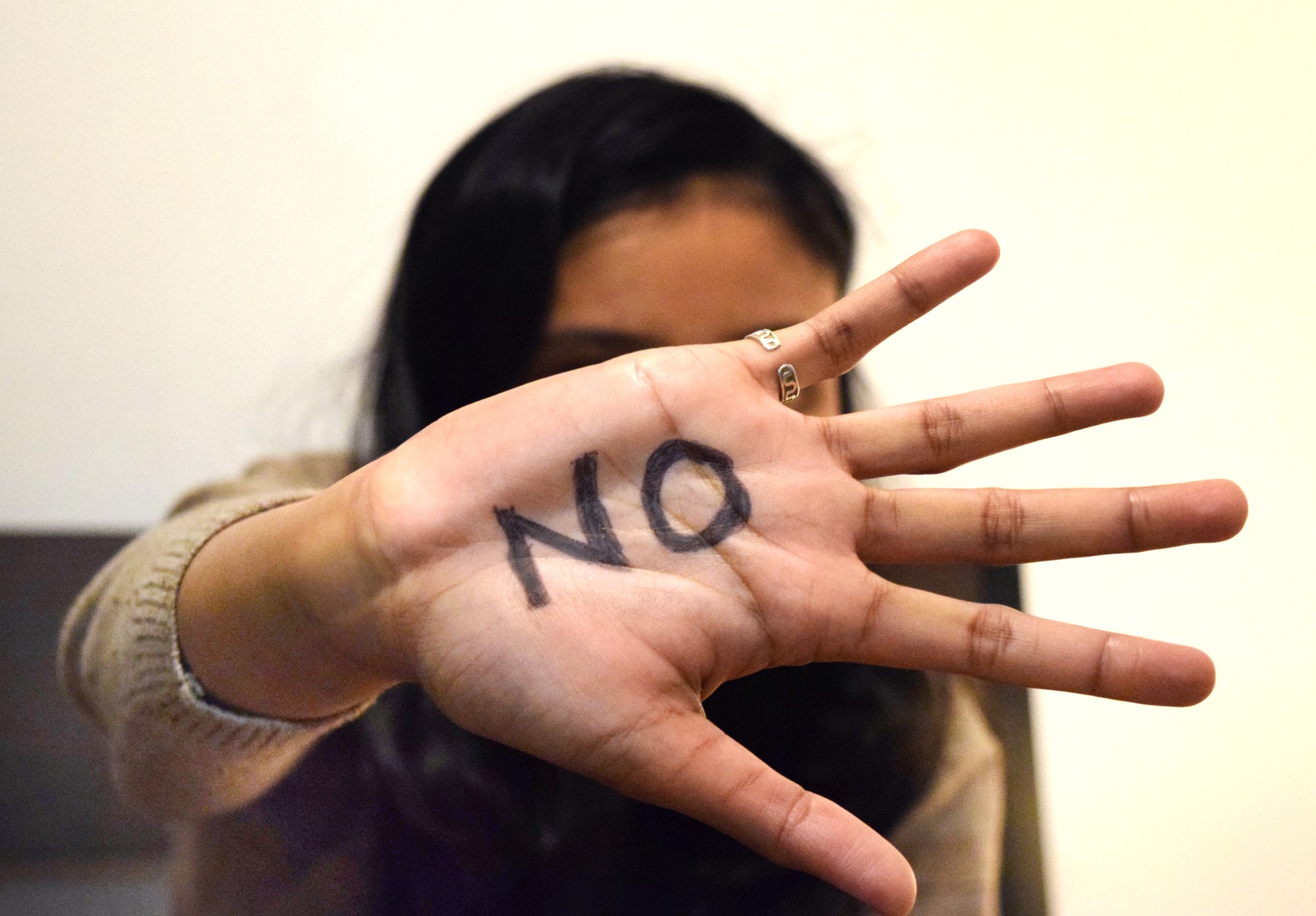
As part of the national addiction awareness week, Algonquin College’s Project Lighthouse in collaboration with Carleton University’s Stigma Ends at CU organized a virtual interactive session about consensual sex and substance abuse on Nov. 26.
Over the one-hour event, about 49 participants learned about ways to navigate open and honest conversations about consent, healthy relationships and recognizing substance abuse.
According to a study by Statistics Canada, one in three women and one in eight men have experienced unwanted sexual behaviour in public.
“It has been noticed that there’s a spike in the sexual assault when there are mass gatherings, especially during holidays and when there’s alcohol involved,” said Bailey Reid, senior advisor, gender and sexual violence prevention and support at Carleton University.
“When you indulge in sex with someone for the first time, always do it sober,” said Reid. “We don’t know how a substance will hit.”
Sarah Crawford, sexual violence prevention and harm reduction coordinator at Algonquin College discussed consent culture in current times. She explained how consent is generalized as a buzzkill in the younger generation.
However, she said, discussions about consent don’t have to be boring. “Moaning is one such way to make things interesting and know about consent,” she said.
“We are not taught to be self-aware,” said Amal Elmi, education and services coordinator at Carleton. “If it is taught at a young age, it’ll be easy to understand consent.”
For people who are looking for consent, Elmi recommended to “pick up on the non-verbal cues. Be aware and pay attention to responses.”
But there is a difference between consent and sexting, Crawford explained. “Sexting is not consent,” she said. “It is a virtual fantasy.”
“When you’re with someone in-person, always ask for consent and check-in,” she said.
While talking about how to say the dreaded word “No” to someone, Tanisse Teale, moderator of the event and president of Stigma Ends at CU advised people to stay calm in the situation.
“I try to stay calm,” Teale said. “I’ve tried giving fake numbers sometimes.”
But the gentle art of saying no is also our right, added Crawford.
“It is your right to say No. If you want to, just say it,” she said.
The speakers also touched upon ways to help friends that are intoxicated in an unsafe environment.
“The best way is to intervene,” said Elmi. “Disruption is an efficient method.”
These delicate situations can also be pressurizing and scary.
“A lot of ways to intervene don’t have to be confrontational. Bystander interventions are safer,” Crawford suggested.
The event concluded with a discussion about healing and coping with sexual assault.
“COVID-19 has had a negative impact on coping for survivors,” said Elmi. “Every survivor has a different coping mechanism. Some chose meditation, yoga, hanging out with friends or other spiritual means. But some use substance as a mechanism, and that’s fine too.”
Elmi also suggested that supporting rather than advising people who use substances to cope is more effective. “Don’t ask them to leave right away. If they’re feeling safe, let them live. Survivors know how to heal.”
Teale recommended that people shouldn’t judge but support and acknowledge the methods people choose to cope.
One of the event’s participants appreciated what they’d learned. “Thank You,” wrote one of the participants in the Zoom chat. “This was very enlightening. You guys are doing good work.”
The event also included separate breakout rooms for participants who wanted to speak privately with peer supporters.
Project Lighthouse and Subway Sex Menu are two of the resources for students by Algonquin College to help reduce sexual violence, understand safe and healthy relationships and support survivors of sexual violence.





